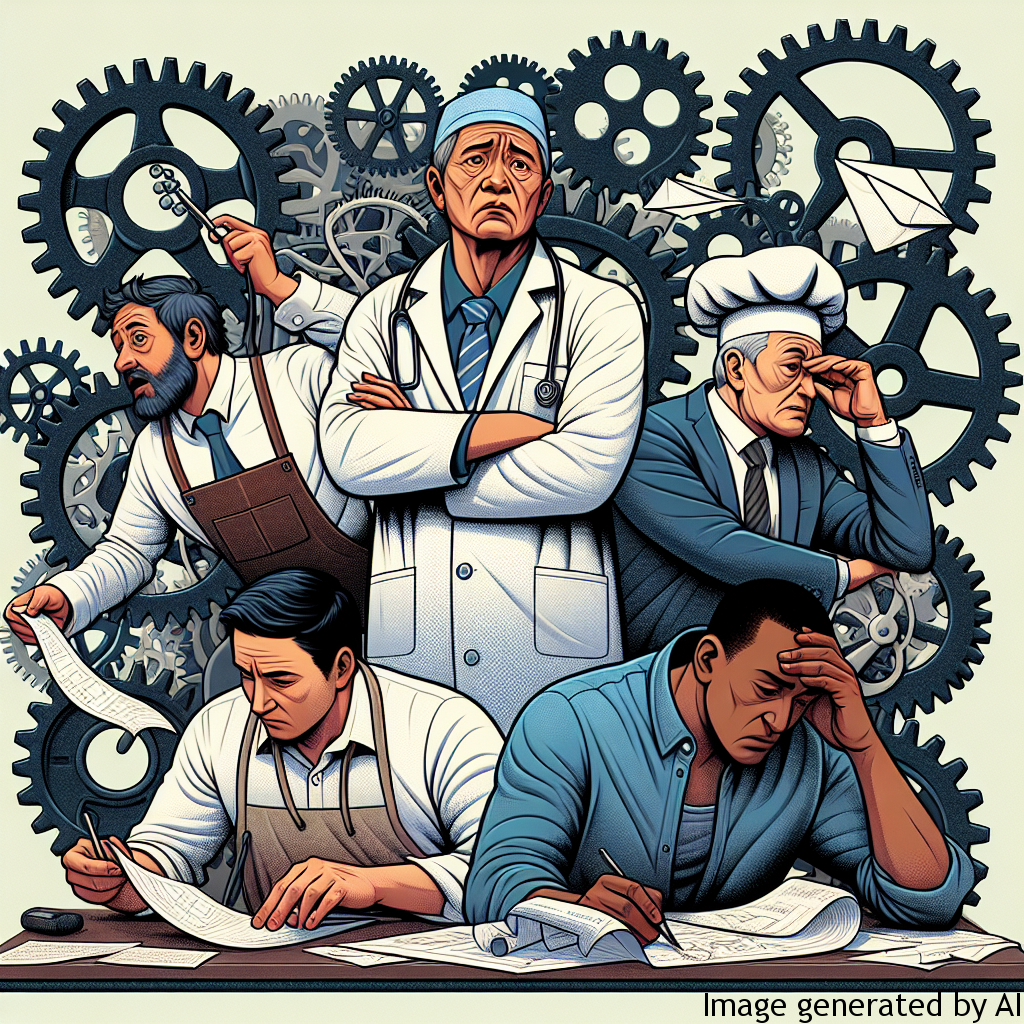Introduction
Burnout is a significant concern in today’s fast-paced, demanding work environment. The impacts of occupational burnout are often overlooked, particularly when it comes to men. Men are generally expected to shoulder the burden and push through stress due to societal norms and perceptions of masculinity. This article aims to explore the influence of occupational burnout on men’s psychological health and various avenues for improvement.
Gender Expectations and Their Impact on Men’s Psychological Health
Defining the Expectations
Society often imposes traditional masculine roles on men, expecting them to be strong, stoic, and always ready to provide for their families. Working around the clock, putting personal interests aside, and suppressing emotional stress are commonly expected. Men are frequently discouraged from sharing their worries or seeking help, fostering a perception that acknowledging stress is an indication of weakness.
The Impact on Psychological Health
These expectations create an environment where men are likely to neglect their mental health and ignore early signs of burnout. As a result, occupational burnout often presents more severe symptoms in men, including extreme exhaustion, a reduced sense of personal accomplishment, feelings of cynicism and detachment, and a decrease in work performance. If left unaddressed, this can further lead to mental health issues such as depression and anxiety, personal relationship struggles, and physical health issues.
Examples of How Gender Roles Can Influence Men’s Lives
Men are often expected to fulfill multiple roles – employee, spouse, father, etc., and society places a strong emphasis on success in each area. For example, a businessman may be expected to make significant progress in his career while also fulfilling his role as a reliable husband and father. The need to excel and manage the stress in all roles often leads to a high risk of burnout.
In blue-collar jobs, where physical strength is frequently valued, men may ignore physical signs of burnout for fear of appearing weak or unable to fulfill their job responsibilities. Men in caregiving professions might face the stigma of being in a “female-dominated” field, causing added psychological stress and furthering the risk of burnout.
Advice to Improve Psychological Health Considering Gender Roles
The first step in reducing occupational burnout in men is acknowledging the problem and encouraging open conversation about mental health. Employers can create environments that encourage work-life balance and time for rest and recovery.
Men should be encouraged to seek help when they feel overwhelmed professionally or personally. Seeking assistance from mental health professionals can provide strategies for stress management and dealing with the pressure of societal gender norms. Exercise, adequate rest, and other self-care activities are equally essential in maintaining good mental health.
Conclusion
Occupational burnout has a significant impact on men’s psychological health largely due to societal gender norms and expectations. Comprehensive strategies addressing these norms, promoting open conversation, and encouraging professional help combined with self-care activities mitigate this impact. By considering gender roles, society can better support men in their professional lives and help them maintain mental health wellness.

